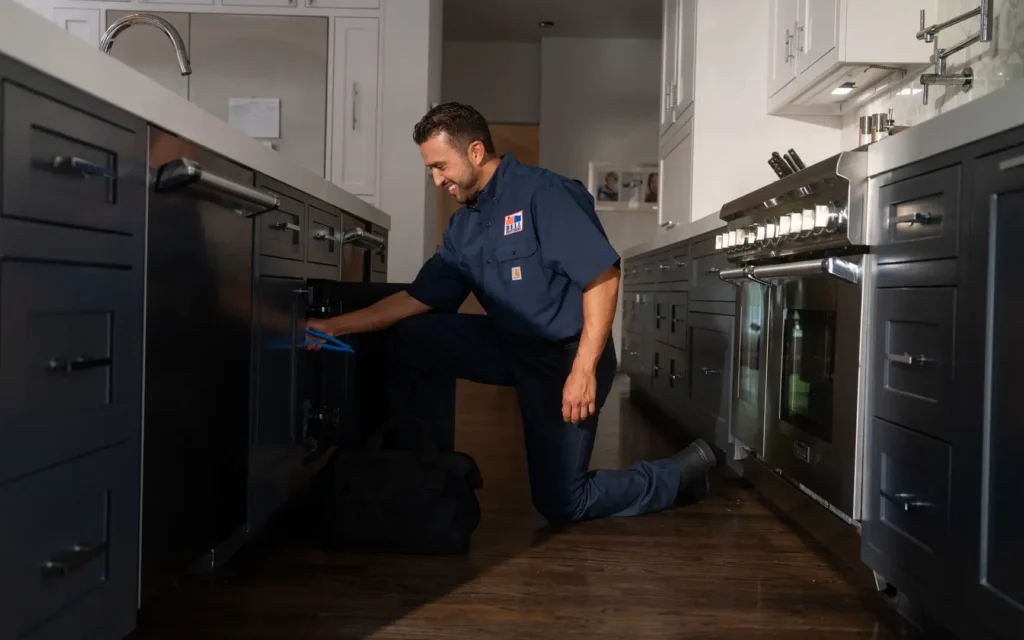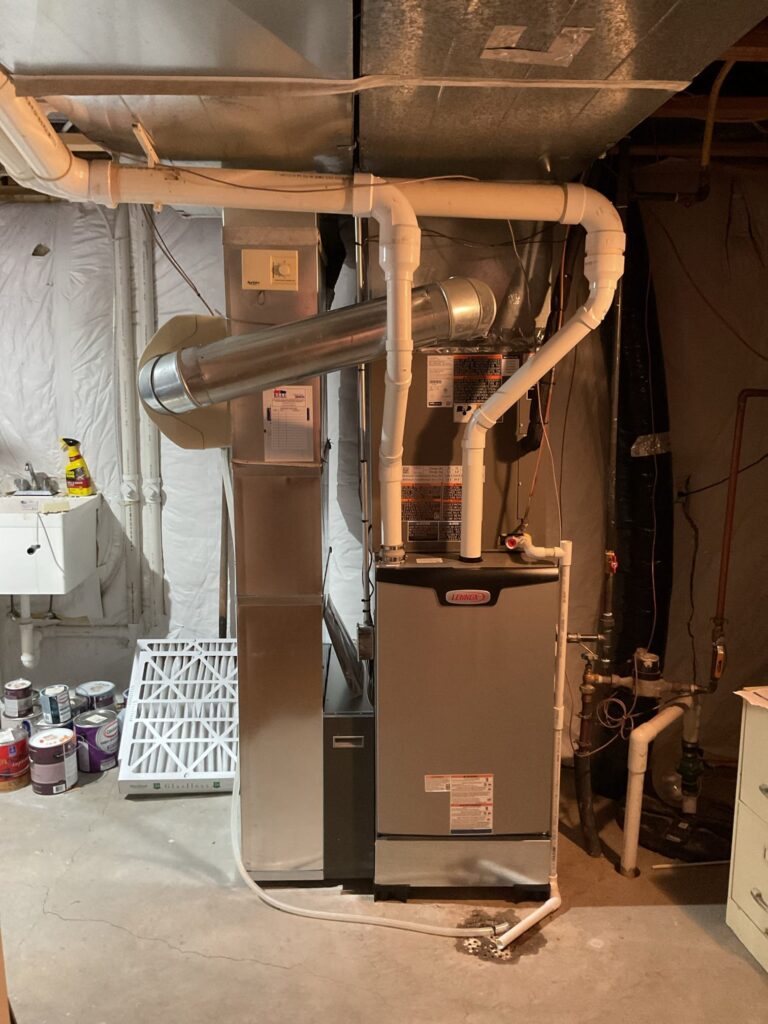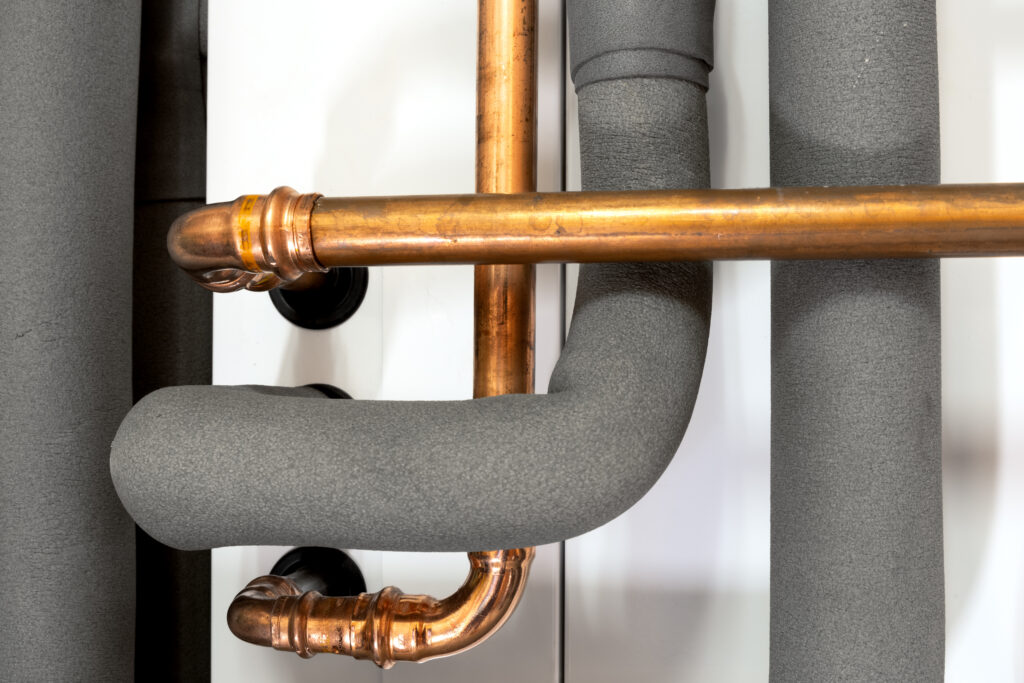

Blog
How to save money on your next heating bill with these 8 resolutions
January is a perfect time to reflect on how much money you spent last year on home heating and to resolve to spend less this year. We want to help central Iowans stay warm and comfortable in their homes — while also lowering their heating costs. Here are eight resolutions to help save on your next heating bill.
1. Replace your furnace filter.
Normal dust build-up can reduce airflow by 1 percent per week. This is the easiest step a homeowner can take to maintain their heating system.
2. Don’t overheat your home.
Did you know space heating accounts for 45 percent of your monthly energy bill? The recommended temperature setting during the winter is 68 to 72 degrees. For every 1 degree colder, homeowners can save up to 1 percent on heating costs.
3. Install a programmable thermostat.
According to the U.S. Department of Energy (DOE), homeowners can save up to 10 percent on heating and cooling expenses by turning the thermostat back several degrees for eight hours a day.
4. Lower the temperature on your water heater.
According to the DOE, water heaters account for 14 to 18 percent of your monthly energy bill. Most water heaters are set at the factory for 140 degrees Fahrenheit; the DOE suggests setting it to 120 degrees. Every 10 degrees of setback can save you 3 to 5 percent on water heating costs.
5. Hire an HVAC professional to maintain your system.
Your heating system needs routine maintenance — just like your car needs routine oil changes. Furnaces should be checked by a professional once a year to ensure efficient and safe operation.
6. Replace worn weather-stripping.
Worn and torn weather-stripping around doors and windows creates drafts. The furnace has to work harder and longer to warm up the cold air that leaks in.
7. Insulate your attic.
While this is the largest up-front cost on the list, insulation can pay for itself in as little as one year with savings of up to 30 percent on your monthly utility bill.
8. Conduct a home energy audit.
You can take a free online energy assessment on your home through the HomeCheck Online tool from MidAmerican Energy. The online assessment provides personalized energy use information that can be customized based on your home and lifestyle. You will also receive energy saving recommendations and tips that include an estimated energy savings for each tip.








